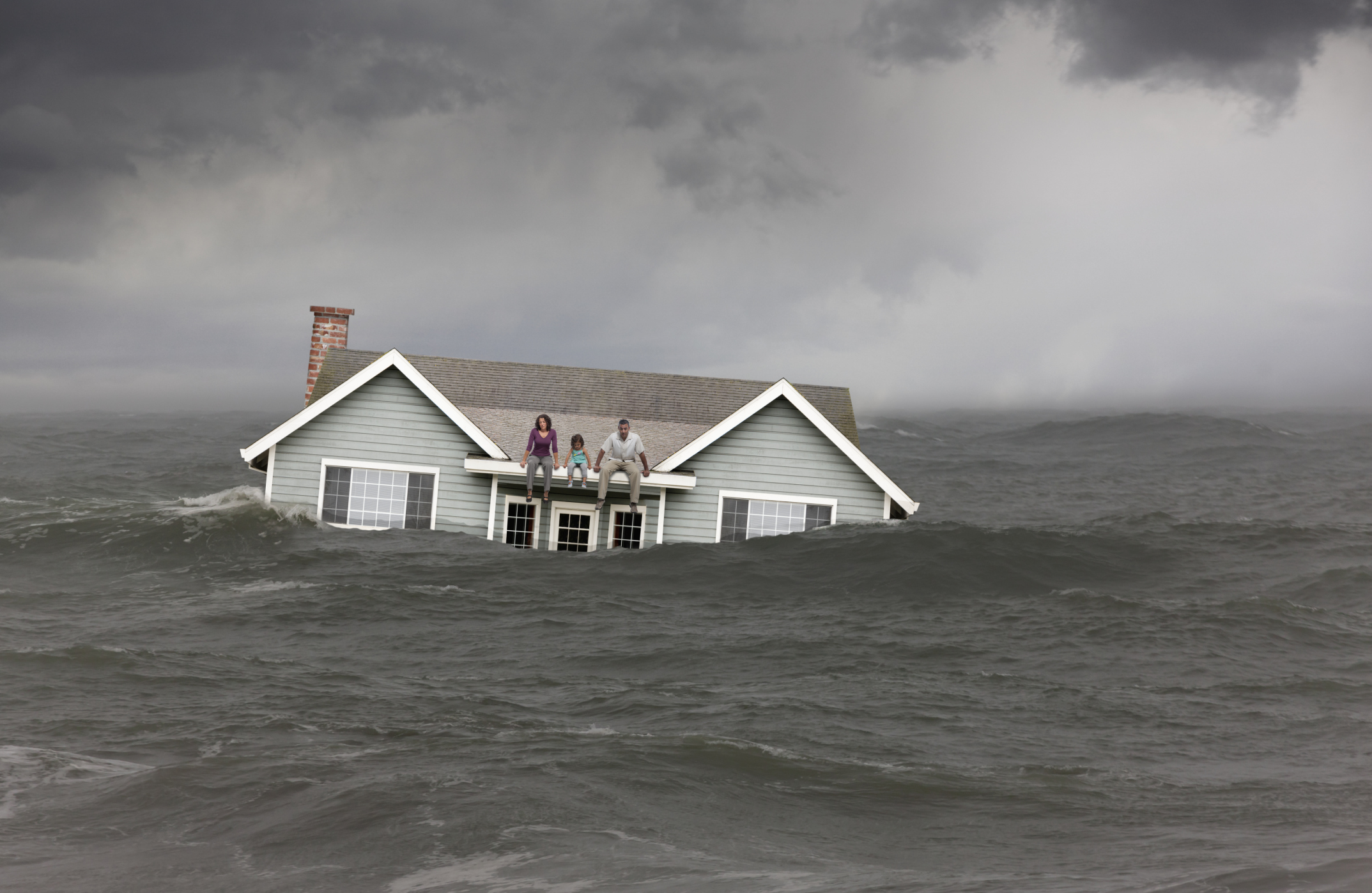How to avoid the underwater mortgage
Tips to ensure you don't owe more than your home is worth
Advertisement
Tips to ensure you don't owe more than your home is worth

 Robert McLister is a mortgage planner at intelliMortgage and founder of RateSpy.
Robert McLister is a mortgage planner at intelliMortgage and founder of RateSpy.
 is the co-founder and lead analyst at PropertyGuys.com, Canada’s largest private sale franchise network. A background in finance, economics and technology, Walter’s true passion lies in building a more modern approach to buying and selling real estate.
is the co-founder and lead analyst at PropertyGuys.com, Canada’s largest private sale franchise network. A background in finance, economics and technology, Walter’s true passion lies in building a more modern approach to buying and selling real estate.
Share this article Share on Facebook Share on Twitter Share on Linkedin Share on Reddit Share on Email
Most of Fort McMurray, AB is made up of underwater mortgages. Property values haven’t gone up in 10 years, and they’ll never go up enough get people on shore. There’s nothing that can be done.